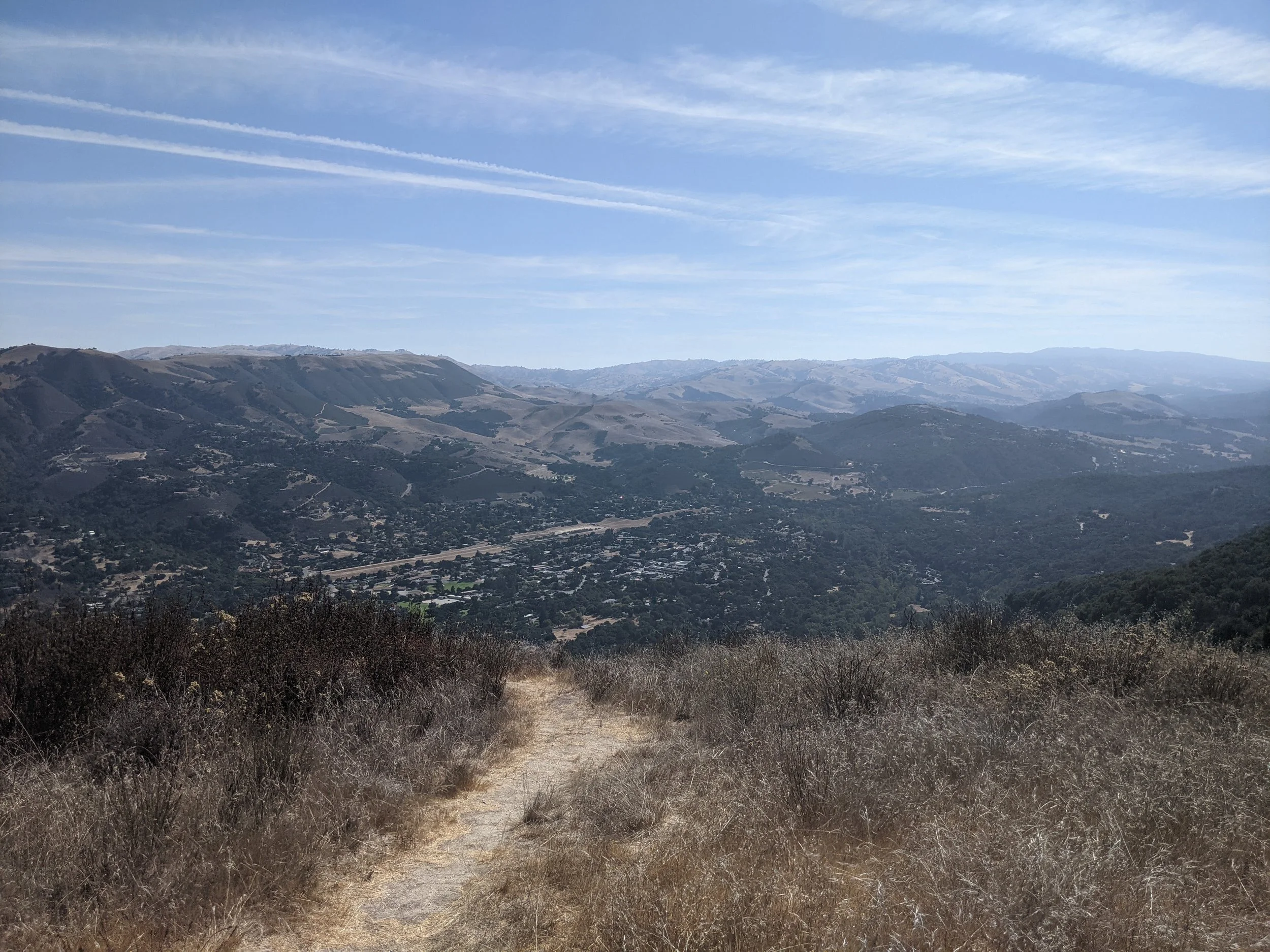46 And they came to Jericho. And as he was leaving Jericho with his disciples and a great crowd, Bartimaeus, a blind beggar, the son of Timaeus, was sitting by the roadside. 47 And when he heard that it was Jesus of Nazareth, he began to cry out and say, "Jesus, Son of David, have mercy on me!" 48 And many rebuked him, telling him to be silent. But he cried out all the more, "Son of David, have mercy on me!" 49 And Jesus stopped and said, "Call him." And they called the blind man, saying to him, "Take heart. Get up; he is calling you." 50 And throwing off his cloak, he sprang up and came to Jesus. 51 And Jesus said to him, "What do you want me to do for you?" And the blind man said to him, "Rabbi, let me recover my sight." 52 And Jesus said to him, "Go your way; your faith has made you well." And immediately he recovered his sight and followed him on the way.
As they journeyed to Jerusalem where Jesus would face the events of the cross, he and the disciples passed through Jericho (46). On their way out of town, a crowd gathered around them. It was almost time for the Passover, and many priests lived in Jericho, so the road would have been packed with travelers and well-wishers. And there was a buzz surrounding this Galilean rabbi. A blind beggar named Bartimaeus sat on the roadside, collecting anything he could from the travelers. When he heard Jesus of Nazareth was passing by, he called out to him (46).
The Title
The title Bartimaeus gives Jesus is central to the story. "Jesus, Son of David, have mercy on me!" (47). He believed Jesus was the Son of David. It's the only time in the gospel of Mark someone gives Jesus that title. It is messianic. It indicates Jesus is the King they all waited for, the one who descended from David! It is a remarkable confession. And Mark shows us through little things that he felt it was significant. This is the last recorded healing miracle of Jesus. It is the only time the person's name is recorded. And it’s the last event before the passion week. Mark knew it was important. All through Mark, Jesus silenced people. Why? Because they hadn't really understood him. Religious leaders, the crowds, and even the disciples didn't get it. But Bartimaeus gets it. He knows Jesus is the Son of David. In other words, the blind man saw, he understood, while the sighted were actually blind. They could not see.
The Request
So Jesus calls the man over and asks him the same question he'd asked James and John earlier on the road, when they made their superficial request for the highest positions in Jesus’ kingdom: "What do you want me to do for you? (51). I love that Bartimaeus didn't hesitate. He knew what he wanted from the Lord. Immediately, he asked for his sight. He didn't want wealth or power, but his vision. You might wonder what the difference is between his request and James’ and John's. Jesus asked both of them, what do you want me to do for you? One difference is found in Bartimaeus' response. He had already cast aside his beggar's garment – he wouldn't need that anymore! And Jesus said if he had faith Jesus would heal him. But then, after receiving his sight, he followed Jesus on the way (52). Our passage today began with Jesus on his road to the cross, and now Bartimaeus decides to follow him there. This blind beggar became a new disciple of Christ. He would follow the Servant-Savior. He would join Jesus on his ominous trek to Mt. Calvary. The others might have been afraid and amazed, but Bartimaeus was ready for the ride. So his request wasn't meant for personal glory, but personal discipleship. He wanted to better devote himself to the Son of David and join his team. What about you? What requests do you have for Jesus? Are they veiling desires for personal prestige and power? Or are they meant with the hope you'll be able to follow him better? We can learn from Bartimaeus’ pure-hearted request. Let's get on that road with Jesus!

